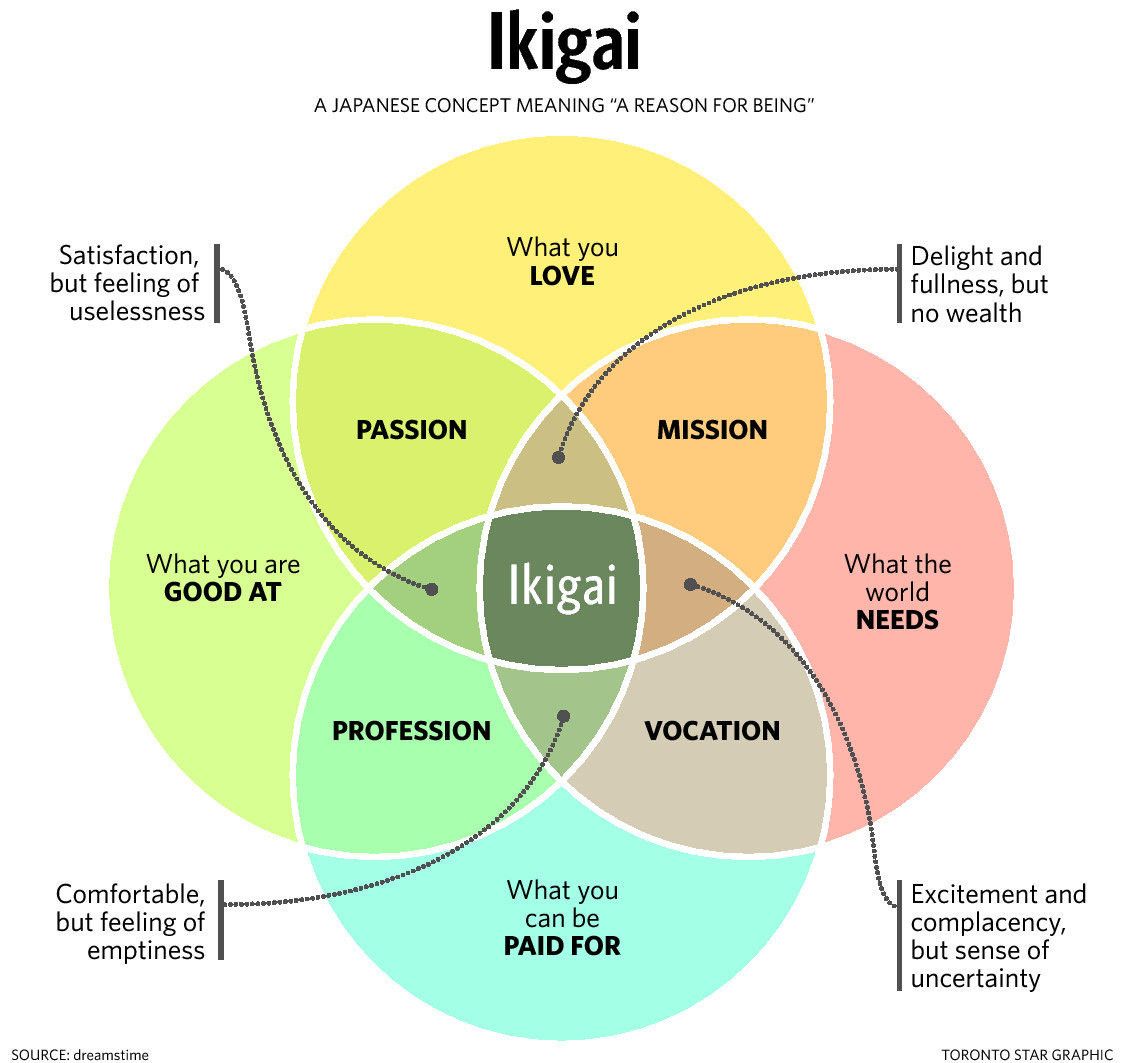This year I will turn 45 years old. For a great deal of that 45 years, I have been a working human. My first job, at 14, required me to
Today, as a Project Management for a software company, I am required to interact with customers both internal and external and I see myself using skills that I learned while scooping ice cream. So, it would seem that one’s work trajectory is set by early experiences. That it is nearly impossible to break out of the job cycle that was set in the beginning, even if you are terribly unhappy with the current state of things.
Customer service, as an industry, is a tough racket to continue in long term. Of course, every profession has their version of customers; Teachers have students, Project Managers have teams, Lawyers have clients, Musicians have patrons; but the type of jobs I am talking about solely focus on customers, selling a product or making customers feel good about themselves. I suppose, what I am actually referring to, is the hospitality industry. Food service, retail, hotels, etc. These are the jobs that people get early on in a career and they either take to them immediately or they fail marvelously and move on. I, to my detriment, was a whiz at customer service, almost naturally, which led to me continuing on in the field for 30 years.

Source: Giphy
But this post is not about the customer service industry. It isn’t even about my job history, although that does lead to the topic at hand. This post is about finding purpose in life. Getting to that purpose requires some stumbling. It requires working jobs that you never thought you would have to
At this point, you might be thinking to yourself – “I have a good job and I pay my bills. Why do I need to worry about finding purpose? My purpose is to pay bills and live for the weekends.” That is quite fine. If you feel like your purpose is to make enough money to cover all your expenses and live your life on the weekends, you can probably skip what I am going to talk about next. If not, or if you have doubts about your ‘live for the weekend’ way of life, continue on with me and let’s examine what true purpose entails.
Now for a Venn diagram break! Venn diagrams are my

Ikigai is an Okinawan concept that means ‘a reason for being’. In the context of work-life, Ikigai can be used as an indicator for your passion or a ‘reason to get out of bed each day’. It is basically the driving force that allows you to see the big picture. But how can you find your own, personal, Ikigai? Well – the Toronto Star suggests you take the Saturday Morning test. This test consists of one question: what do you do on a Saturday morning when you have nothing to do? From there, the article suggests you brainstorm around that idea. This test allows you to take the thing that you love (top of the Venn diagram) and use that as the basis for everything surrounding it.
And if you really love TED talks here is Dan Buettner talking about aging and the reasons why people in Okinawa and Sardinia live so much longer than Americans.
This is a good starting point, but you might be thinking “what other ways are there (that don’t require me to brainstorm so intensely) of finding my purpose?” There are many ways to find your purpose, but none of them will be easy. After all, we are talking about life’s work here, not just a job. We are talking about a calling, not just employment. If you truly want to find your purpose, you have to put in the effort.
So – here are a few things to help you get started on this journey to find your
- Figure out what you love doing. As Tim Tamashiro suggests in the TedTalk above – you must find that one thing that you love doing and do that for a while. As you hone your skills to become an expert at this one thing (get those 10K hours of practice in) you will be able to really immerse yourself in the reality of doing this on a daily basis. Start out small, with just a couple hours per day, but be consistent. If you truly love doing something, you will want to do it daily, not just once in a while. If you find, after doing this one thing for a few weeks, that it isn’t something you absolutely love and want to do EVERY DAY, then that isn’t the thing you should pursue to find your purpose.
- Remember that your purpose can change. This is not a static process. You might start doing something you love and after a few years realize that your interest lies elsewhere. Do not be afraid to shift gears if something really strikes your fancy. This does not mean you should jump from passion project to passion project without direction, but don’t squash the voice in your head that tells you to go for that new opportunity.
- Learn to recognize true opportunities versus dead ends. This is the research section of the pursuit of purpose. You may find something that seems really great at the moment, but turns out to lead you down the same path you have been on and not to your passion.
- Be willing to step off the path, for a short period of time, in order to realign your goals. Life sometimes presents serious problems. We all have to face hardships, as humans, but when you are pursuing your purpose you can become single-minded and not realize that you need to still be alert to the circumstances around you. Don’t be afraid to put your dream on hold if you need to. Our paths to true happiness are not always straightforward. Twists and turns in the road afford you character and teach you lessons you would never learn otherwise.
- Always seek awe and have gratitude. In your journey through life, whether you are working a 9-5 job to pay your bills or pursuing a passion project that really excites you, you need to have moments where you step back and take in the world around you. Enjoying family and friends, getting outside to take in the wonders of nature, expressing gratitude to others, and continuing (or creating) a self-care routine, are all important aspects of being human. We need to have moments of awe in order to truly enjoy life.
- Read, read, read. Oh – did I mention, read. Reading this post is a great start, but the best way to really find your purpose is to read how others found theirs. Books and articles are a great way to help you define what you seek from life. And if you start reading a book and find that it is not for you, don’t feel bad about returning that book to the library, unread. I like to give books the 3 chapter test to see what I think and if I am annoyed, bored, or upset after chapter 3, I don’t bother to continue. Life is too short to read horrible books.
These steps are merely guidelines. There is no ‘right’ way to find your purpose. The most important part of this path is to realize when you are in a state of flux and course correct. You should also be able to notice when you are in a good place and show gratitude for that. Striving toward locating your
One last thing – the Okinawans are able to thrive not just because of their individual
Thank you for reading and good luck finding your ikigai!
A few references to get you started:






